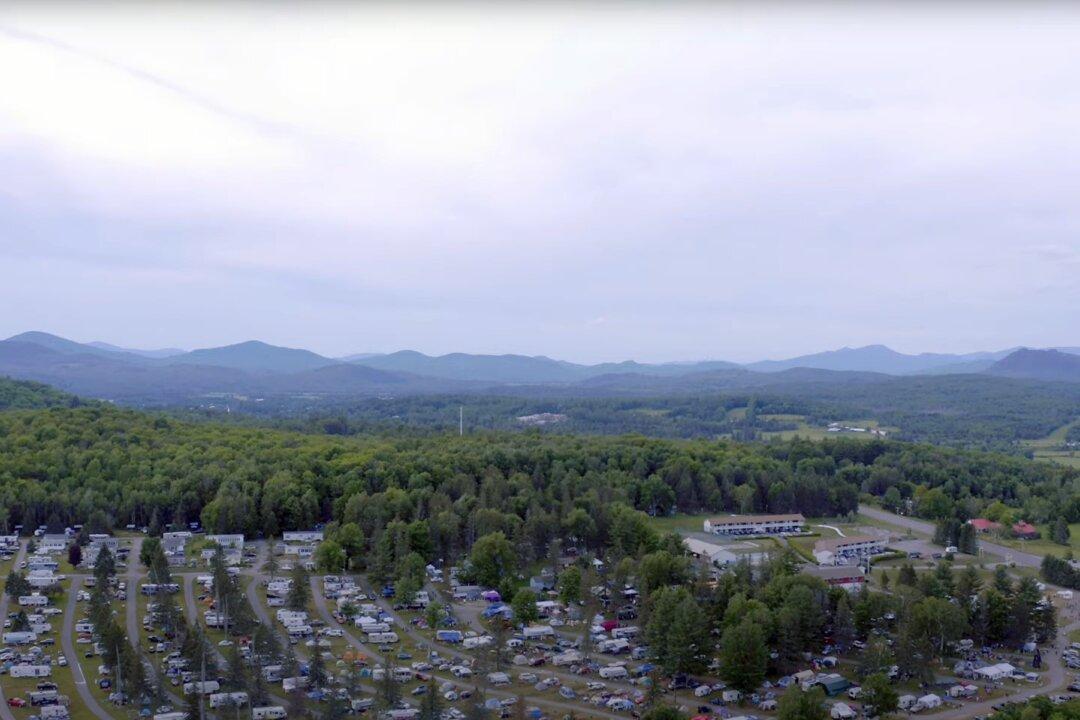Commentary
The conventional wisdom is likely true: The country and most of the world are experiencing an epidemic of loneliness. The main explanation is also likely true: We’ve come to depend too heavily on electronic communication at the expense of real time together in physical spaces.





